Subtotal: $55.80
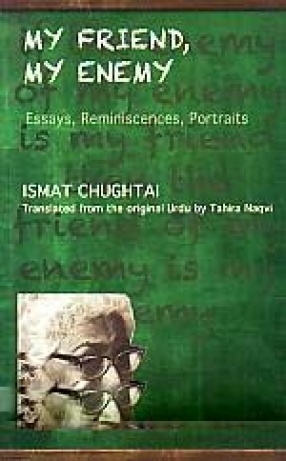
Subtotal: $55.80
58 books
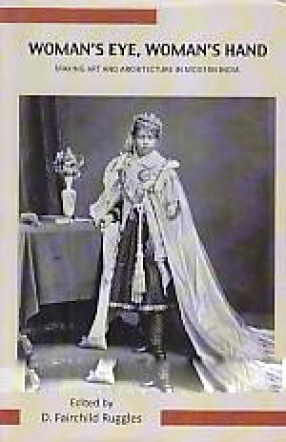
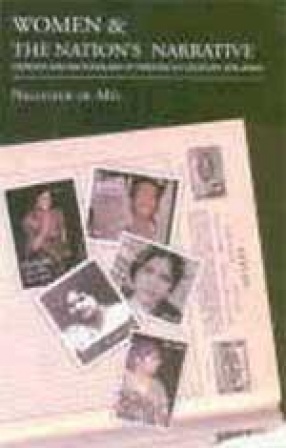
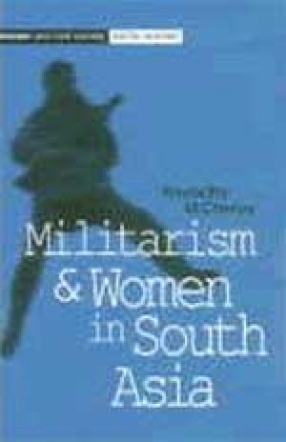

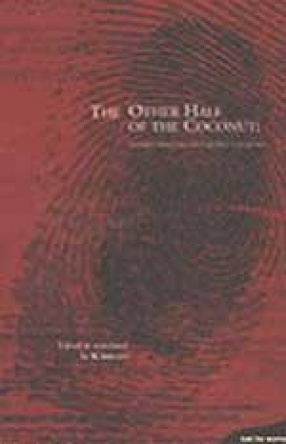
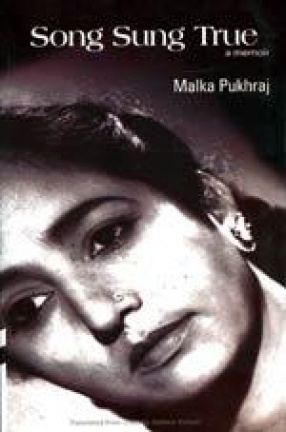
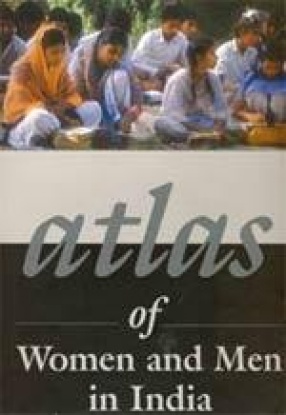


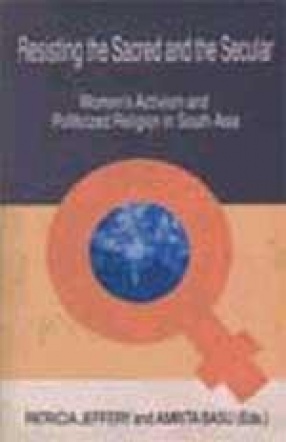


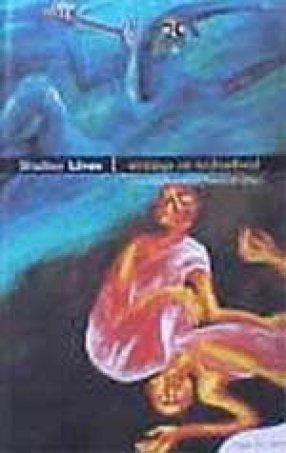

This selection from Ismat Chughtai's prose writing, comprising essays, commentaries and pen-portraits of her contemporaries, gives the reader a good idea of the artistic, political and social mores of her times. It also serves as a background to her own work and furnishes insights into the art and lives of her contemporaries. Chughtai's involvement with the Progressive Writers' Association and her friendship with writers like Sa'dat Hasan Manto, Patras Bokhari, ...

This collection of nine essays examines the agency of women as the producers and patrons of art, crafts and architecture in India in the late nineteenth and twentieth centuries. Tracing the emergence of female artists and female patrons, it analyses both the embrace of feminist principles and its rejection as a framework for social action.
It also examines how women—supposedly invisible and denied positions of prominence in the public sphere—gained ...
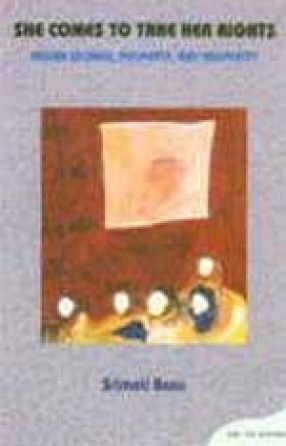
Using the contemporary workings of property law in India through the lives and thoughts of middle-class and poor women, this is a study of the ways in which cultural practices, and particularly notions of gender ideology guide the workings of law. It urges a close reading of decisions by women that appear to be contrary to material interests and that reinforce patriarchal ideologies. The Hindu succession act was passed in India in 1956 theoretically giving Indian ...
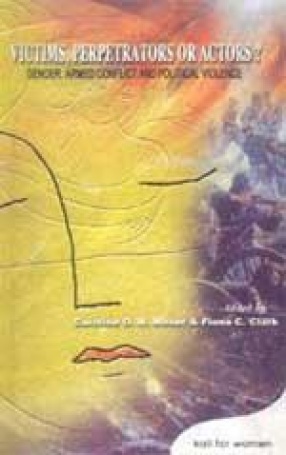
This book provides a holistic analysis of the gendered nature of armed conflict and political violence, and a broader understanding of the complex, changing roles and power relations between women and men during such circumstances. Currently, armed conflict and political violence are predominantly viewed as ‘male domains’, perpetrated by men acting as soldiers, guerrillas, paramilitaries or peacemakers. The involvement of women has received far less ...

This book explores the development of nationalism in Sri Lanka during the past century, particularly with in the dominant Sinhala Buddhist and militant Tamil movements. Tracing the ways women from diverse backgrounds have engaged with nationalism, Neloufer de Mel argues that gender is crucial to an understanding of nationlism and vice versa. Traversing both the colonial and postcolonial periods in Sri Lanka’s history, the author assesses a range of writers, ...

National security and militarism have traditionally been male domains and the theory and policy of national security, of war and peace, have been formulated, executed and narrated by men. This book traces the course of militarism in several South Asian states, with a more detailed account of women’s experiences of it in India, Pakistan, Bangladesh and Sri Lanka. Women in South Asia have borne the brunt of militarism in a number of ways but especially because, ...
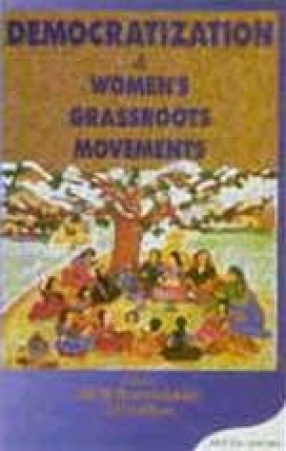
THE FALL of communist regimes in Eastern Europe and of dictatorships in Latin America brought new attention to democratic movements worldwide. Most interest focused on national activities, electoral politics and the expansion of capitalist markets, and though much has been written about social movements, the connections between women’s grassroots organizations and democratization have been neglected. This book explores how these movements contribute to the ...
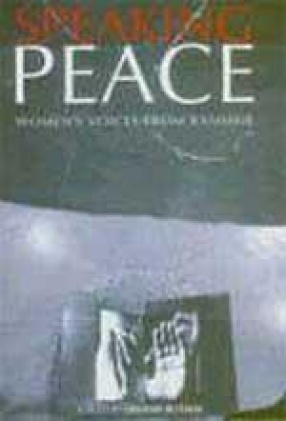
Kashmir has been, for some years, a key issue on the Indian political map. More than a decade of conflict has deeply affected people’s livelihoods and living environments, their health, their eating habits, their work and workplaces, their access to education. The impact of these things is felt most sharply in the lives of women, and yet, few discussions on Kashmir pay attention to this. This book reflects the range of women’s experiences in this conflict. ...

This timely volume brings together the work of some of India’s leading feminist economists, historians, political scientists, journalists and anthropologists to investigate the contemporary situation of women in India. It focuses on four broad domains: the cultural, the social, the political and the economic. The writers argue that despite apparently positive indicators of progress in education and paid employment, women’s status has not improved. They point ...
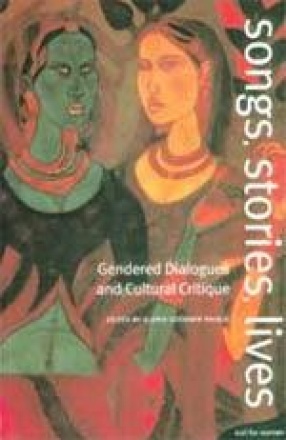
The essays in this volume address theoretical and ethnographic issues concerning oral traditions and women’s speech in diverse South Asian Communities in North and South India and Nepal. Grounded in an awareness of the colonial, postcolonial and academic textualizations that so often have prevented women’s speech from being heard or their silences understood, the papers work towards an interpretation of women’s expressive genres as responding critically to ...

Terror is a matter of fact. Globally. Long before the attacks on the World Trade Center on September, 11, 2001, large parts of the world had lived with and resisted terrorisms that often masqueraded as liberation struggles: Sri Lanka, Bosnia, Rwanda, Northern Ireland, Algeria, Afghanistan, Pakistan, India, Palestine/Israel… Women across the world have spoken out against terrorism, militarism and violence of all kinds as an unacceptable strategy for resolving ...

The self-respect movement launched by Periyar (E.V. Ramasami Naiker) in 1926 questioned the ways in which the lower castes were systematically excluded from the Indian nation and constructed as the ‘Other’ by the Brahmin elites. While Periyar’s role within the movement has received critical and scholarly attention, women self-respecters and the issues they raised have gone largely unnoticed. This collection of essays and fiction by women self-respecters ...
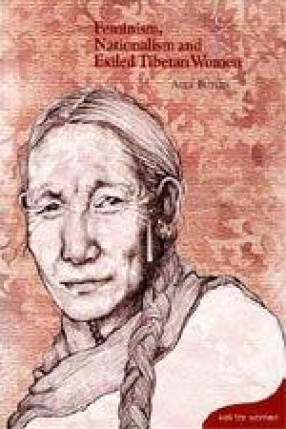
On September 1, 1995, Tibetan nationalism and international feminism came together in front of a global audience when nine exiled Tibetan women staged a demonstration at the United Nations Fourth World Conference on women in Beijing. From the Tibetan perspective, the women had created history by becoming the first Tibetans ever to hold a protest on Chinese soil. This book traces the history of organized political resistance by Tibetan women over the 40-year ...

One of the grand 'singing ladies' who began their lives in the first quarter of the twentieth century, Malka Pukhraj was educated in Urdu, Persian, music and dance. These latter two became her life and she began her career as a court singer in the erstwhile princely state of Jammu and Kashmir, going on to become an independent performer, whose voice and words are now familiar to millions in the subcontinent. In this remarkable, witty and candid account, Malka ...

This compilation of almost 100 maps is put together using data from the 1991 Census of India. The Atlas maps a regional geography of women and men, using indicators as diverse as literacy, education, voting patterns, cultural groupings, fertility rates, workforce participation etc. The aim is to provide information based on Census data which can help demonstrate the diversity of women's lives in India, and to provide it in such a way that readers/users can ...

One cruel night, young Meggie's father, Mo, reads aloud from Inkheart and an evil ruler named Capricorn escapes the boundaries of fiction and lands in their living room. Suddenly, Meggie is smack in the middle of the kind of adventure she has only read about in books. Somehow, Meggie and Mo must learn to harness the magic that conjured this nightmare. Somehow they must change the course of the story that has changed their lives forever.

"Bangladeshi writer Taslima Nasrin’s first major work in exile, My Girlhood is a sensitive retelling of her growing up as part of an extended family in Bangladesh and erstwhile East Pakistan. The pictures emerge like flashes from a colourful kaleidoscope, creating a brilliant image as the author moves back and forth between her own life and that of a fledgling nation. A child like innocence and freshness pervades her sharp observations of Bangladeshi ...

Resisting the Sacred and the Secular: Women's Activism and Politicised Religion in South Asia focuses on women's agency and activism within the South Asian context, and is an outstanding contribution to the field of gender studies. It explores the paradoxical relationship of women to religious politics in India, Pakistan, Sri Lanka and Bangladesh. Contrary to the hopes of feminists, many women have responded to religious nationalist appeals; contrary to the hopes ...

‘Why do we all find ourselves present in this particular context, in this particular place? How have these pictures assembled here in this jigsaw puzzle? Soon, something will happen, pieces will scatter and become part of a newer pattern … this time will pass…’ Partition, independence, democracy. Me Temples, Too tells the tale of the birth of two new nations experienced in the lives – and deaths – of its young citizens. Set in Lucknow of the 1940s, ...

"Dismissed by Gandhi as a 'gutter inspector's report, Katherine Mayo's Mother India created a storm of controversy when it was first published in the late twenties. In her introduction to this work Mrinalini Sinha locates the debate over Mother India in the broader context of the politics of its production and reception and examines its impact on the 'woman question' outside India. The controversy over the book not only facilitated the passage of the Child ...

"The Singer and the Song is the first of C.S. Lakshmi's three volumes of detailed interviews with 50 notable women in the arts in India. She recounts the experiences of legendary greats in the field of music, both vocal and instrumental like Gangubai Hangal, Naina Devi, Dhondurai Kulkarni, Veena Sahasrabuddhe, the Sikkil Sisters, Sukanya Ramgopal, and many others. What I really wanted", she says, "was to cry and understand the artistes as women ...

"This volume documents the focus on the widow, regarded as the dark half of womankind in tradition, the structural counterpart of the sumangali or the auspicious married woman, and to provide an archive on widowhood. The archive comprises prescriptions, injunctions, laws and other accounts dating back to the 5 century BC from Sanskrit texts as well as extracts from official documents, pamphlets and essays in many languages, published in the 19 and 20 ...

"The essays in this volume map the concerns of gender onto the terrain of nation, finding significant connection, disjunctions and tensions between them. The authors argue that for any cultural analysis to be performed in the context of the decolonised nation-space, gender must take centrestage. The essays explore gender as a point of crisis in the cultural, social and political space of the nation. They attribute the existence of these crises to conflicts ...

"In this dramatically powerful collection of real-life portraits of oppressed women and other deprived members of Indian society, Mahadevi Varma weaves her memoirs around other peoples' lives rather than her own. Her intimate and affectionate sketches of women, men and children she personally knew, reveal her compassion for the desperate plight of the disinherited poor in India, as well as her intense rage at those who exploit women and the dispossessed. ...
